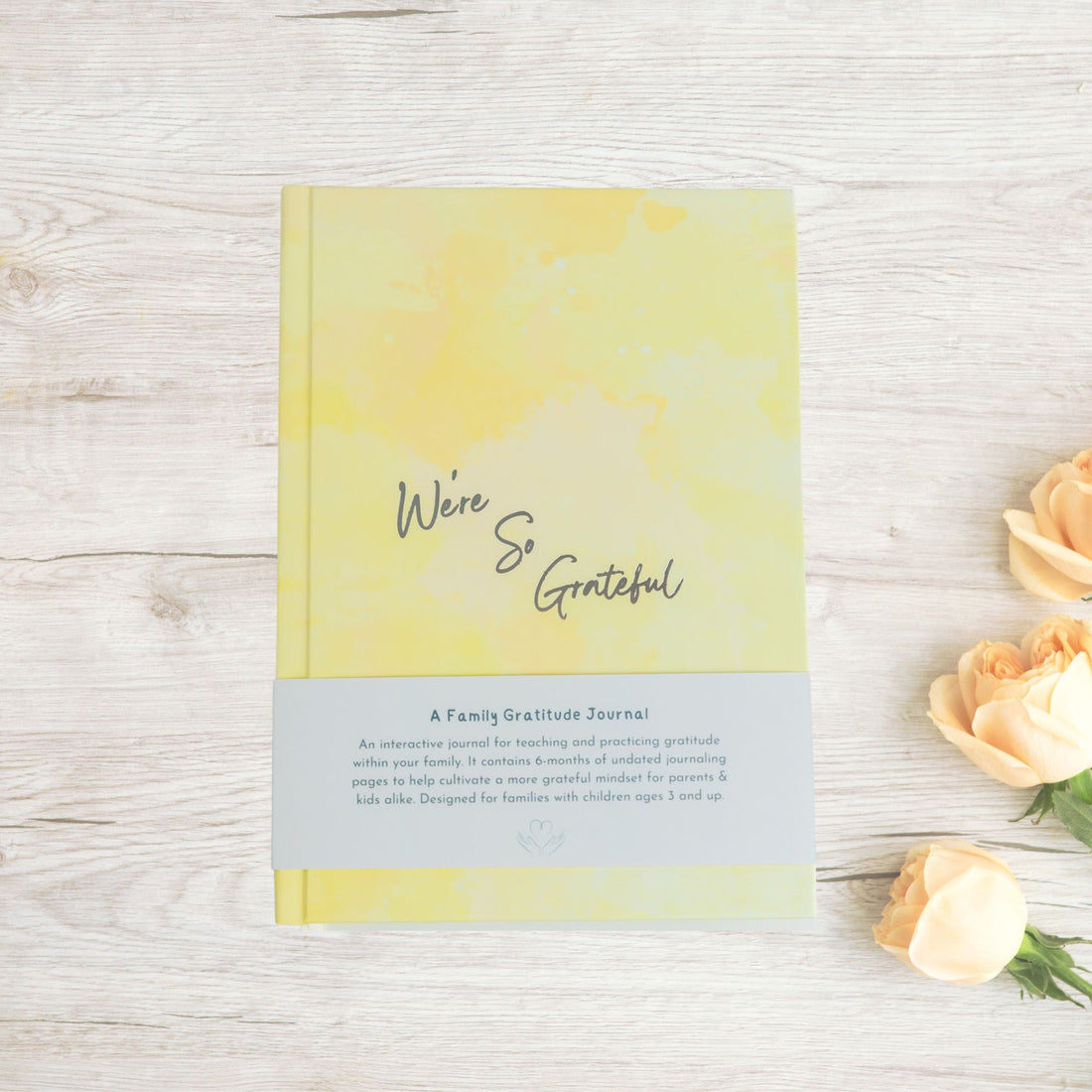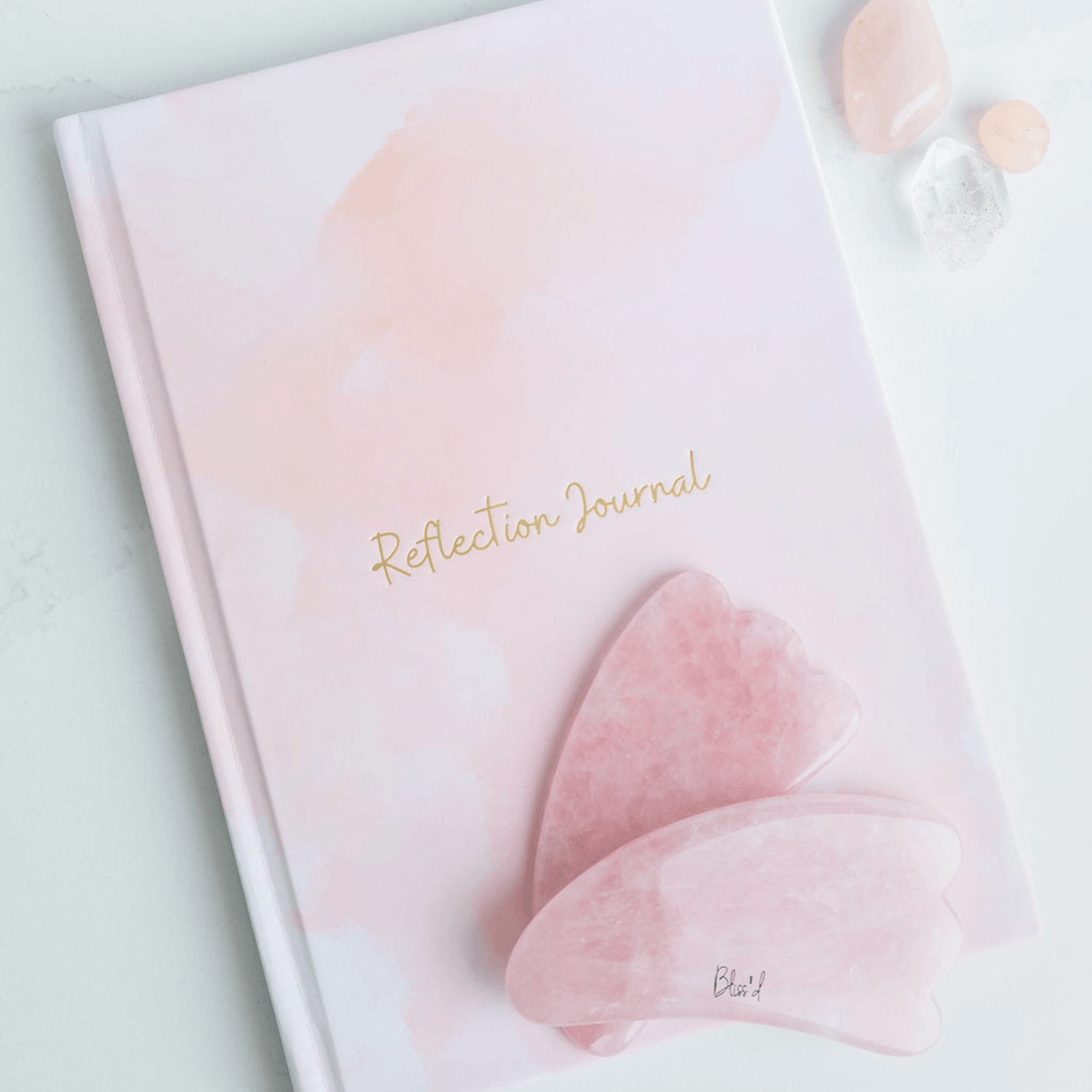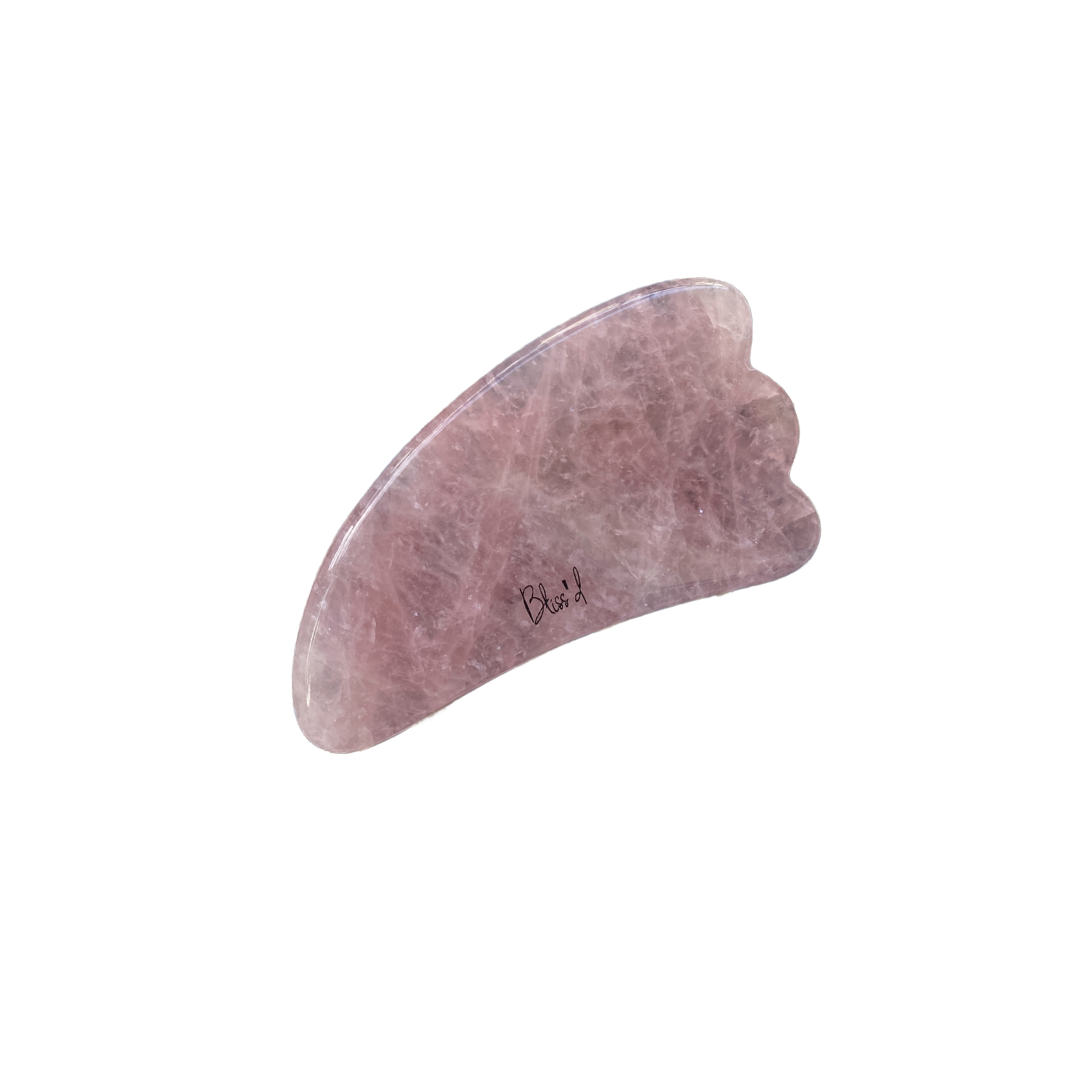What is Journaling? A Simple Tool for Intention & Growth
In today’s fast-paced, digitally connected world, it’s easy to lose sight of our inner selves. Amid the busyness and external demands, the practice of journaling offers a refreshing pause — a way to reconnect with ourselves, process our thoughts, and even find answers to life’s big (and small) questions. But what exactly is journaling, and how can it truly transform your life? Let’s explore this timeless art and how it can help you on your journey of self-discovery and growth.

What is Journaling?
At its heart, journaling is the practice of recording your thoughts, emotions, and experiences on paper. Some may think of it as keeping a diary, but it can be so much more than that. Journaling is a personal, reflective practice that serves as a mirror for your mind, offering a safe space to explore, vent, dream, and process.
Whether it’s capturing daily reflections, working through emotions, or setting intentions for the future, journaling is a highly customizable and deeply personal activity. Some people write to gain perspective, others to record memories, and still others to heal. And while it may seem simple, the act of writing things down has been shown to reduce stress, improve mental clarity, and build resilience — and put intention behind your dreams!
Journaling is often a journey rather than a one-time activity. The words on the page can bring insights and growth that evolve over time. By engaging in this process, you’re essentially giving yourself the chance to connect more deeply with who you are, what you want, and how you can manifest a more fulfilling life.
Why Journaling Works
Journaling works because it shifts our thoughts from swirling around in our heads to a tangible form we can examine. It allows us to slow down, process, and engage with our inner world in an intentional way. Writing something down creates a moment of pause, and in that pause, you gain perspective and insight that can be life-changing.

The Benefits of Journaling
- Stress Relief and Emotional Release: Writing down your thoughts can serve as an emotional release. By putting pen to paper, you create a “safe space” for processing emotions that might otherwise go unexamined. Over time, regular journaling has been shown to decrease symptoms of anxiety and depression.
- Self-Discovery and Personal Insight: Journaling is like a journey inward. You get to know yourself on a deeper level—the fears you hold, the dreams you chase, and the recurring thoughts that shape your reality. Self-discovery through journaling can reveal patterns and insights that help you make more aligned choices in life.
- Goal-Setting and Manifestation: When you journal, you can use it to clarify and set your goals, whether short-term or long-term. Many people find that by writing down what they want, they’re more likely to achieve it. This practice can even support manifestation, where you envision what you want in life and take inspired steps toward making it a reality.
- Healing and Reframing Limiting Beliefs: For those working through past challenges or trying to overcome negative self-talk, journaling can be a powerful therapeutic tool. When you write about your struggles, you may begin to see them from a different perspective, reframing limiting beliefs and stepping into a more empowered mindset.
- Gratitude and Mindfulness: Journaling can also be a place to practice gratitude, which shifts your mindset and opens you up to receive more of what you appreciate. Gratitude journaling, in particular, has been linked to improved mood and mental health, as it encourages you to focus on the positive aspects of your life.
My Journey with Journaling
My own journey with journaling began during a particularly challenging period. I discovered my love for journaling after the birth of my son in 2019 when I experienced postpartum depression. At the suggestion of my therapist, I started journaling as an additional tool to help me get through it (alongside medicine). Both helped immensely - and journaling stuck (long after the meds finished)!
Initially, journaling was a way for me to make sense of my emotions and experiences, but over time, it evolved into something much more meaningful. Today, it’s my daily ritual—a space where I can connect, reflect, and set my intentions for the life I want to create. Through journaling, I’ve gained a deeper understanding of myself, a practice of gratitude, and a greater sense of clarity and peace.
I’ve also found that journaling has helped me reframe challenges as opportunities for growth. For example, when faced with a difficult decision or feeling self-doubt, I write through my thoughts until I reach clarity. It’s amazing how the practice of journaling can transform the way you see yourself and your life.

How to Start Your Journaling Practice
If you’re ready to try journaling, remember that there’s no “perfect” way to start. Journaling is deeply personal, and your practice can be as unique as you are. Here are a few suggestions to help you get started:
- Choose Your Style: Experiment with different journaling styles to find what resonates with you. Some people prefer free writing, where they write whatever comes to mind, while others prefer guided journaling with prompts. You could also try gratitude journaling, bullet journaling, or goal-setting journals. It’s all about discovering what feels natural. Our journaling method combines all of these styles into one quick and effective method — give it a try and let us know what you think!
- Set Aside Time and Space: Create a small daily or weekly ritual around journaling, even if it’s just five minutes in the morning or evening. Having a designated space, like a cozy corner, can make it easier to stick with the practice.
- Write Without Judgment: Don’t worry about grammar, spelling, or structure. The purpose of journaling is to let your thoughts flow freely and honestly. Trust that whatever comes up on the page is valuable, even if it doesn’t make sense at first.
Why You Should Try Journaling Today
In a world that’s constantly on the move, taking time to reflect and write is a radical act of self-care. Journaling doesn’t just document your journey; it transforms it. By giving yourself the space to process, dream, and reflect, you create a habit of mindfulness that can help you live more intentionally.
Consider journaling as your personal sanctuary, a place where you can return again and again to realign with your values, express your feelings, and dream without limits. Whether you’re navigating a difficult season or celebrating a joyful moment, journaling can offer clarity, comfort, and inspiration.
So grab a notebook, find a cozy spot, and give yourself the gift of self-reflection. You may just find that journaling unlocks parts of you that have been waiting to be discovered all along.
Get More From Our Journaling Manifestation Course
If you want to create a strong foundation for your regular journaling practice, consider our manifestation journaling course, Magic Moments. This course is all about transformation, designed for anyone wanting to bring more alignment, clarity, and confidence into their life. It begins with a future-self visualization, which we then break down into achievable intentions. Through different prompts & exercises, we then identify and work through any limiting beliefs holding you back, all while using my simple and effective journaling method to turn your vision into reality. This course is the perfect way to end or start the year, reconnect with yourself and your future self, and create a life of true alignment.
Looking for the perfect journal to start your journaling practice? Look no further than ours, which I've designed to be quick, easy-to-use and flexible — and get you results!. You can check out our journals here.





